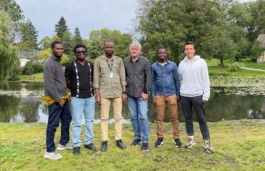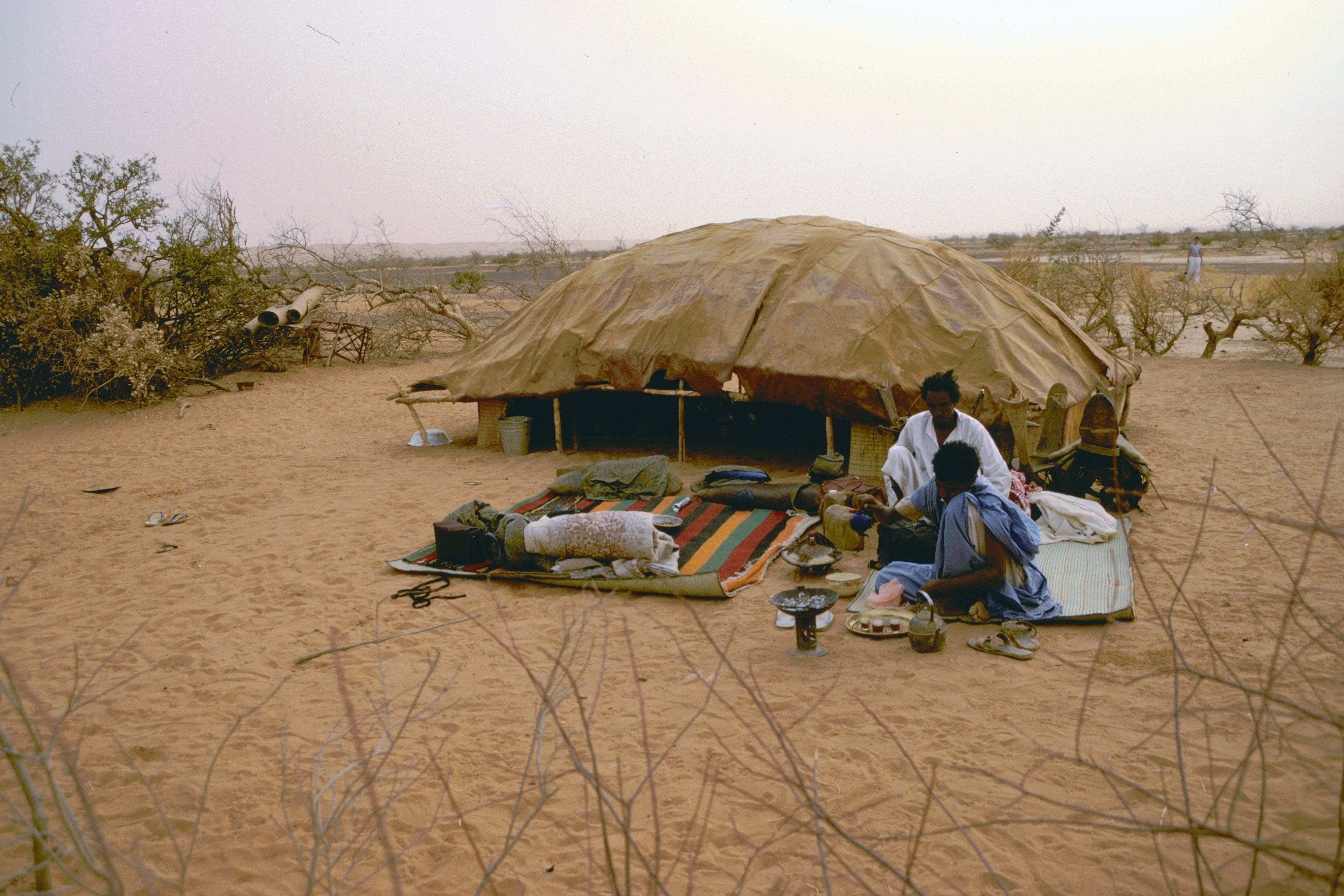



An NMBU project, funded by the European Research Council (2022-2027)
The African Sahel has seen an escalating crisis during the last decade. This is primarily a crisis of politics and governance leading to an armed ‘jihadist’ insurgency that first emerged in northern Mali and northern Nigeria and which has later spread to neighboring areas and countries. In addition, migration from the Sahel to the Mediterranean region increased and peaked during the refugee crisis in Europe in 2015.
There are, however, considerable knowledge gaps related to why increasing numbers of young men in the Sahel choose to join violent insurgency groups and why so many of them also seek to leave the region. The academic literature often refers to general causes such as poverty and joblessness. In addition, climate change and population growth are sometimes added as causes, in particular in the more policy-oriented literature, as well as in the media. LANDRESPONSE aims to go beyond such generalities in order to formulate the specific mechanisms that result in a lack of alternatives for young people in the Sahel.
The proposal’s hypothesis is that land dispossession, a process of pushing small-scale farmers and pastoralists out of their land and key resources, often associated with government corruption and rent-seeking serves as the key driver of raising jihadist violence and migration in the Sahel.

LANDRESPONSE sees conflict and migration as parallel processes driven by inequality and injustice. These two interconnected processes of land dispossession and elite capture may drive smallholders towards two main responses — joining violent resistance or migrating. In addition, the responses may also take the form of compliance or adaptation to governance.
LANDRESPONSE will for comparative purposes also include a study of such responses in order to explain why some people choose to migrate or resist violently, while others remain compliant.
1. Hence, the first objective of the project will be to investigate whether farmers and pastoralists in the West African Sahel who are dispossessed of their land and/or fall victim to rent-seeking elites are more inclined to either resist violently or migrate and what drives them to take one direction over the other.
2. The second objective will assess why some farmers and pastoralists are more prone to resist, even violently, while others remain compliant.
LANDRESPONSE
is an NMBU project, funded by the European Research Council.
Address:
Postboks 5003
1433 Ås
Organization number: 969159570
Visitor addresses
Phone: 67 23 00 00
E-post